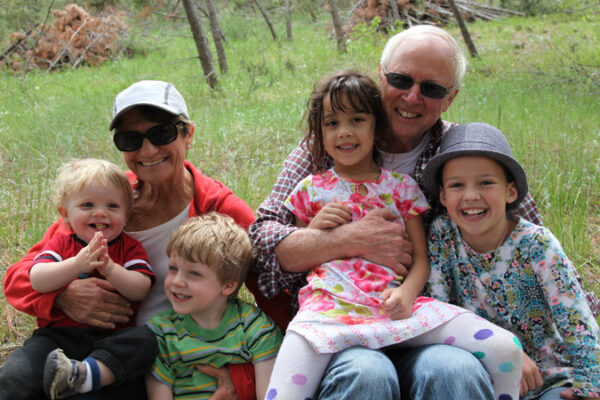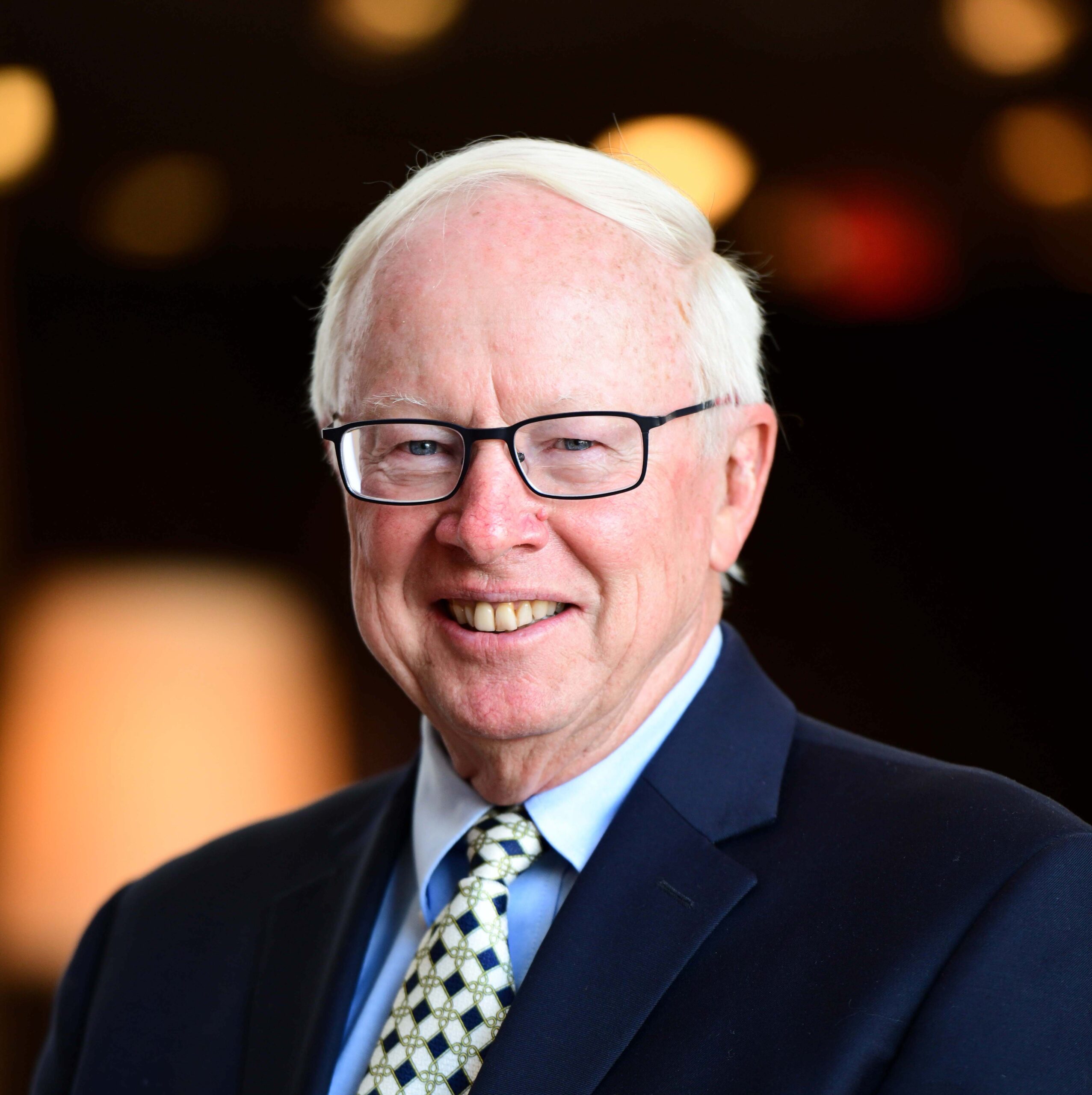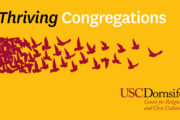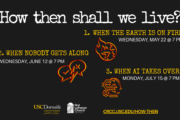This post originally appeared on Next Avenue and Forbes.
Every day, as you may have heard, 10,000 people in the United States turn 65. The financial industry advertises to this retirement cohort with images of youthful-looking people sipping cocktails on a Polynesian beach. Other images feature an aging man on his new Harley, ready to conquer the highways of America.
Being in the first wave of boomers that will turn 70 this year, I’d been pondering retirement since I turned 66 and was eligible for full benefits from my employer, the University of Southern California (USC). Finally, I retired from teaching last summer; in January 2016, I resigned as executive director of the USC Dornslife Center for Religion and Civic Culture. I’ve now become a PIP — a Previously Important Person. And for the moment, even though I am still involved in several large-scale research projects, I am enjoying a huge reduction in e-mail messages. This is a new stage of life: Purpose Without Pressure.
While images of sitting on the beach or playing golf may seem enticing, I believe the leisure-based notion of retirement is both empty and ultimately unfulfilling. It simply doesn’t fit with the reality that one might live another 30 years after retirement.
Yes, many people want a sabbatical year — or longer — after retiring. But after this honeymoon period is over, the “meaning” question arises rather starkly, especially if one is healthy. People start asking themselves things like:
While images of sitting on the beach or playing golf may seem enticing, I believe the leisure-based notion of retirement is both empty and ultimately unfulfilling.
What am I going to do for the rest of my life? Might I have an encore career? Can the talents that I cultivated in 40 years of my working life be applied to the volunteer sector or in developing a program or idea that will make this a better world?
A Boomer-Led Movement
I believe we are on the cusp of a new movement in our society, which will be led by the baby-boom generation. Our generation will counter the image of “old age” as one of decline and instead transform it into a stage of opportunity that will connect us with the idealism of the 1960s and ’70s.
Our encore careers will take many forms: part-time employment for pay, volunteer work and all-engaging social entrepreneurialism. The encore period is one that will allow our inner desire for human wholeness and community to be realized. A prime symbol of this movement is Encore.org, which started 10 years ago and has annually given the Purpose Prize to social entrepreneurs 60 and older.
In early February, I attended a gathering of this year’s Purpose Prize winners, which included a retired doctor who established “Housecalls for the Homebound” in New York; an Episcopal priest addressing youth suicide in remote Alaskan villages by teaching kids to play instruments that resonate with their native traditions and an ex-inmate who started a boot camp blending the arts and social action for kids in Harlem. These are ordinary people doing extraordinary things in their encore careers.
Rituals Related to Retirement
Having spent my career thinking about religious institutions and movements, lately I have been wondering if we now need to invent rituals related to retirement.
After all, we have rituals for birth, puberty, marriage and other important life transitions. Why don’t we have rituals related to retirement that would launch us into what might be the most productive and meaning-filled period of our lives?
I recently spoke with a former graduate student, Rabbi Laura Geller, who has been experimenting with this idea in her large Reform Jewish congregation, Temple Emanuel of Beverly Hills. There, several hundred people of retirement age have gathered in small groups to talk about their hopes, fears and anxieties as they enter this new stage of life.
Within my own Protestant community, I am not aware of similar experiments. But with 10,000 people turning 65 each day, there is certainly ample opportunity.
Planning My Encore Career
As I approach my 70th birthday, I have been thinking about my own encore career.
For the next few years, I am in a phased retirement at USC that will enable me to finish a book based on research I have done in Rwanda. I am also still dreaming up some grant-related ideas for the research center I previously directed. But I am also writing in my journal every morning, allowing subterranean thoughts to surface — what perhaps could be called “desires of the heart.”
My Number One priority is to be available to my four grandchildren. Last year, my wife and I spent more than three months interacting with them in a variety of settings.
I have also been hatching a new project — one that fits the skills of a journalist more than a social scientist. In my global research travels, I have encountered a number of people who are doing heroic things, including caring for orphans, fighting sexual exploitation and working in impoverished slums. I want to know what motivates these people, the “turning points” in their lives that led them to act against self-interest and the role of spiritual practice — at least in some cases — that sustains them in their work. I’m not sure that I want to write another book, which sounds too much like work. Maybe this will be a website, rich in visual materials, perhaps drawing on a developing skill in photography.
In the near term, however, I’ll focus on a much-needed respite. I am taking our extended family, including the four grandchildren, to Hawaii for my 70th birthday celebration. Yes, we will be living out the fantasy of the retirement financial industry. But I have also asked our creative daughter to make this into a ritual rite of passage.
Hopefully this can be an intergenerational embrace of a new stage of life for “Baba,” as the grandkids call me.
Donald E. Miller is the co-founder of the USC Center for Religion and Civic Culture.



